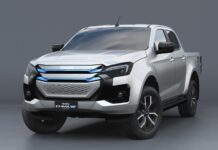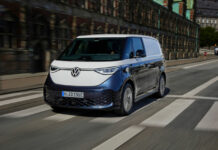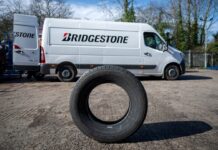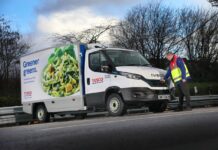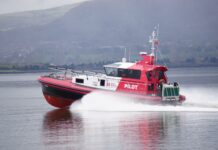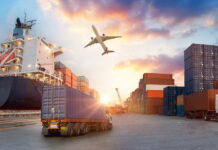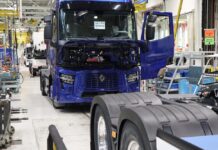A growing global population, increasing urbanisation, the rapid growth of e-commerce and importantly the need to find cleaner alternative fuels all present significant challenges to the transport sector.
Decarbonising transport fuels is a prime requirement under the Paris agreement for Europe. Renewable energy has the potential to meet a large portion of the region’s energy demand, in particular providing solutions for the transport sector.
In order to take full advantage of the opportunities presented by renewable energies we have to ensure commercial flexibility in the coupling of the renewable energy sector and the transport sector. The use of zero carbon Hydrogen (SMARTH2 – Hydrogen produced from renewable energy sources) as an energy carrier to achieve this goal is crucial.
The GenComm team led by Belfast Metropolitan College are developing hydrogen pilot projects including solar powered hydrogen fuelling stations.
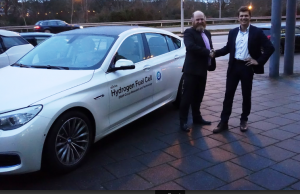
The college is also leading a Europe wide SMARTH2 consortium which aims to overcome the grid constrained challenges and to increase the deployment of renewable energy by demonstrating future large scale hydrogen energy storage flexibility via greening the fuel sector to be used within the transport industry.
It will create a North West Europe 2050 Hydrogen transport energy vision, and a techno-economic usable model with a decision support tool that can technically and financially optimise the fuel production and commercialisation, and also develop the first hydrogen suite of training courses for the maintenance, operator and user of hydrogen vehicles.
Hydrogen vehicle technology has been proven via a global development effort. The technology has already been deployed in cities to ensure wide coverage and political impact. However, today most, if not all, hydrogen produced in NWE comes from fossil sources. Zero carbon transport is now ready to be introduced more widely, using zero carbon hydrogen.
It has also been established in many studies that high shares of renewable energy in the NWE electricity sector can be both technically feasible and affordable. The transport sector is changing to meet these new fuel opportunities. Many vehicle manufacturers including Toyota, BMW and others are developing hydrogen powered vehicles.
The BMW 5 GT Fuel Cell Demonstrator goes from 0-100 KM/h in 8.4 seconds, has a maximum speed of 180km/h and a range of 450 Km on a full tank.
Local company Wrightbus are also manufacturing highly efficient, ‘clean’ hydrogen powered double decker buses for use in major metropolitan cities reducing diesel fuel emissions and improving air quality.


